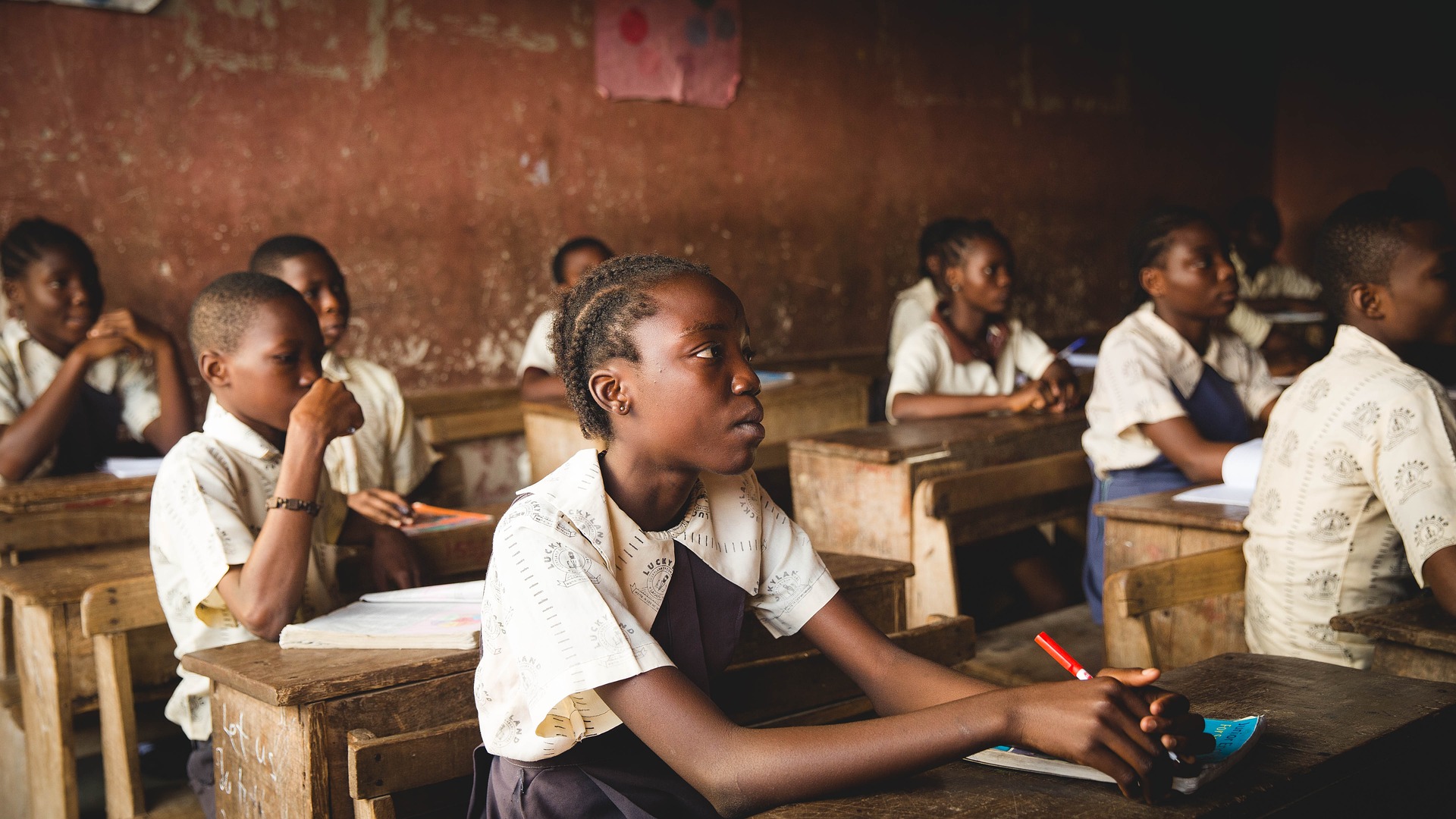Closing South Africa’s university gap

An award-winning scheme to get more disadvantaged youths in the UK to apply for leading universities is being transported to schools in South Africa’s townships.
“Expanding higher education might solve rising youth unemployment and widening inequality in Africa,” writes Abebe Shimeles in his article Can higher education reduce inequality in developing countries?
The Brilliant Club places PhD students into schools in the UK, with the aim of teaching new skills, raising aspirations, and making university seem a more attainable goal. In South Africa, operating as AccessEd, it has completed a pilot year in 16 schools and two youth centers, with pupils ages 13 to 15.
As in the UK, the big divide in access to university in South Africa is wealth. However race also affects the divide, casting a post-apartheid shadow. The university access rate for white teenagers is over 40%, for their black counterparts it is below 10%.
As well as academic challenges, students in townships face many practical difficulties. In townships such as Philippi in Cape Town and Alexandra in Johannesburg, many schools lack basic infrastructure and “classrooms fit for purpose.”
“The majority of our pupils had no access to ICT,” said AccessEd Programme Director Rajbir Hazelwood.
“With basic needs not met, these under-resourced schools have an upward struggle in supporting their pupils in the matriculation exams which allow you to go to university in South Africa.” She adds that the university dropout rates are very high in South Africa, as much as 40%.
The postgraduate students from AccessEd run tutorials and teach university-style courses, with assignments and marking. For those who finish the program, the graduation event is to go to a university and see what it’s like to be a student, to show that it’s an accessible target. The key aim of the project is to give the participants a sense of intellectual challenge and inspire them to think beyond their immediate horizons.
University access is highly political in South Africa as cost or inadequate school-level education prevent many black youngsters getting access. President Jacob Zuma recently promised free higher education for poorer students. However there are concerns whether the university system has capacity for many more students.
“…investment in vocational and higher education is important for developing countries to remain competitive; further expanding the skill-base of the labor force may lead to lower levels of wealth inequality,” writes Shimeles. “In the case of Africa, despite some contrary arguments, policymakers should promote economic modernization by prioritizing investment in higher education.”
Read further articles on higher education and human capital.
Contact one of our Topic Spokespeople for more information about education in developing countries.